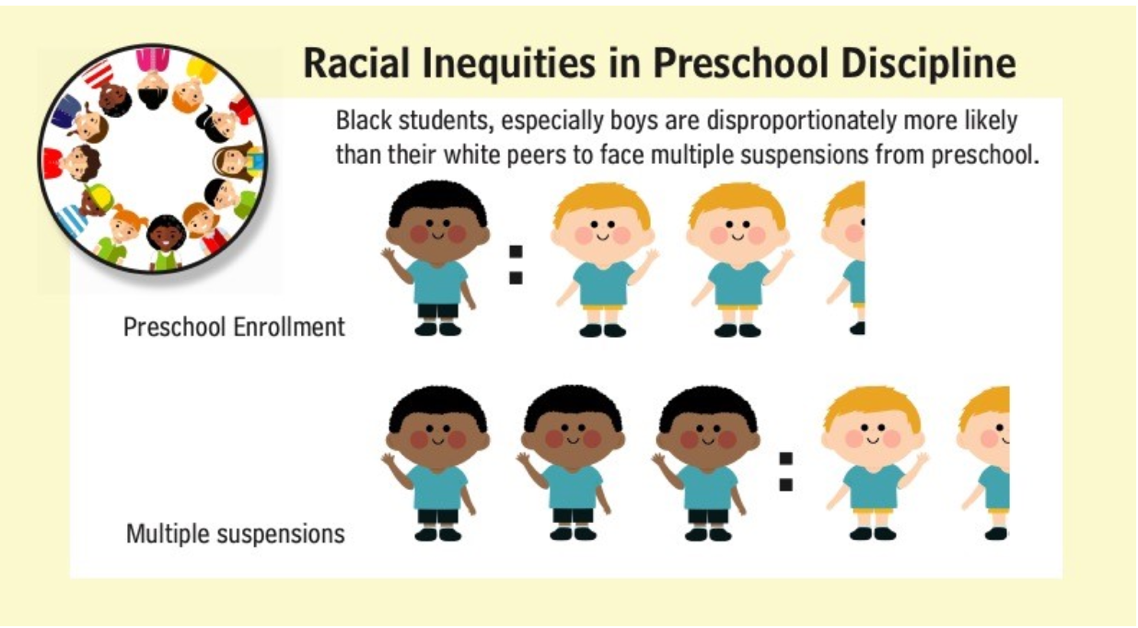On Children
Factors that Influence the Effects of Traumatic Event: The effects of traumatic events can be influenced by a number of factors. Depending on the specific nature of the event, these may include:
- The severity of the event
- Age at the time of the events
- Prior mental health history
- How badly a child was hurt or could have been
- How close a child was to were to where the event happened
- What or who stopped the event and whether anybody came to help
- How adults or caregivers reacted upon disclosure (e.g., whether they believed the child and supported them)
- How many times the event happened and over how much time
- If the event resulted in long-lasting disruptions
- If the child had experienced other traumatic events prior to this one
Immediate impact: There are a number of potential immediate ways children can be impacted by trauma exposure and it will vary by developmental age.
For example:
- Can increase risk of additional traumatic events
- Posttraumatic Stress, Depression, Anxiety, & Other Disorders
- Numbness, Desensitization to Threat
- Subsequent Victimization
- Recklessness & Reenacting Behavior
Long term potential impact
- Decreased Capacity to Regulation Emotion & Attention
- Impaired Social Development
- Impaired Cognitive Development: IQ, Language
- Poor Academic Performance
- Substance Use/Abuse
- Disparities in the classroom
Specific to early childhood education, it is important to acknowledge that there are racial inequities in preschool discipline.
According to the National Prevention Science Coalition, Black preschoolers account for 47% of those suspended even though they represent 19% of the enrollment.
Southern states such as Louisiana, Mississippi, South Carolina, Georgia, and Texas drive much of the difference between Black and White children.

A number of resources exist for teachers such as those that are part of the National Association for the Education of Young Children (NAEYC)- (https://www.naeyc.org/standing-together-against-suspension-expulsion-early-childhood-resource
According to researchers from Yale Child Study Center, implicit bias may help to explain the relatively high expulsion rates for black children (2016) - (https://news.yale.edu/2016/09/27/implicit-bias-may-explain-high-preschool-expulsion-rates-black-children)
They used eye tracking technology and found that preschool teachers were more likely to closely observe black students (especially boys) when challenging behaviors were expected. They also found that black preschool teachers held black students to a higher standard of behavior. Researchers speculated that black educators might be demonstrating “a belief that black children require harsh assessment and discipline to prepare them for a harsh world.” And that white educators “may be acting on a stereotype that black preschoolers are more likely to misbehave in the first place so they judge them against a different, more lenient standard than what they’re applying to white children
![]()
Immediate impact
- According to the NCTSN, traumatic events can happen to any or all members of a family and all families experience the trauma differently. While some families may show signs of resilience and provide support to one another, others may experience more stress and have problems maintaining roles/functions in the family in the short term.
- Research shows there are a number of relationships that can be strengthened or stressed through traumatic events and can impact many aspects of how families function. Examples of relationships that can be impacted include extended family relationships, sibling relationships, adult intimate relationships, parent-child relationships, and relationships with the broader community.
To learn more, please read this Fact Sheet: Trauma and Families; Fact Sheet for Provider
On Early Childhood Caregivers/Teachers
- Immediate impact
- Long term potential impact
To learn more about how trauma impacts caregivers, go through the following module from Virtual Lab School: https://www.virtuallabschool.org/node/1450
To learn more about self-care & wellness for caregivers, go through the following module from Virtual Lab School: https://www.virtuallabschool.org/node/1450
To learn more about understanding trauma and healing in adults, review resources on the following Head Start webpage: https://eclkc.ohs.acf.hhs.gov/mental-health/article/understanding-trauma-healing-adult
To learn more about professionalism and self care, watch the following webisode on the Head Start website: https://eclkc.ohs.acf.hhs.gov/video/early-essentials-webisode-6-professionalism-self-care
Background Colour
Font Face
Font Kerning
Font Size
Image Visibility
Letter Spacing
Line Height
Link Highlight
Text Colour